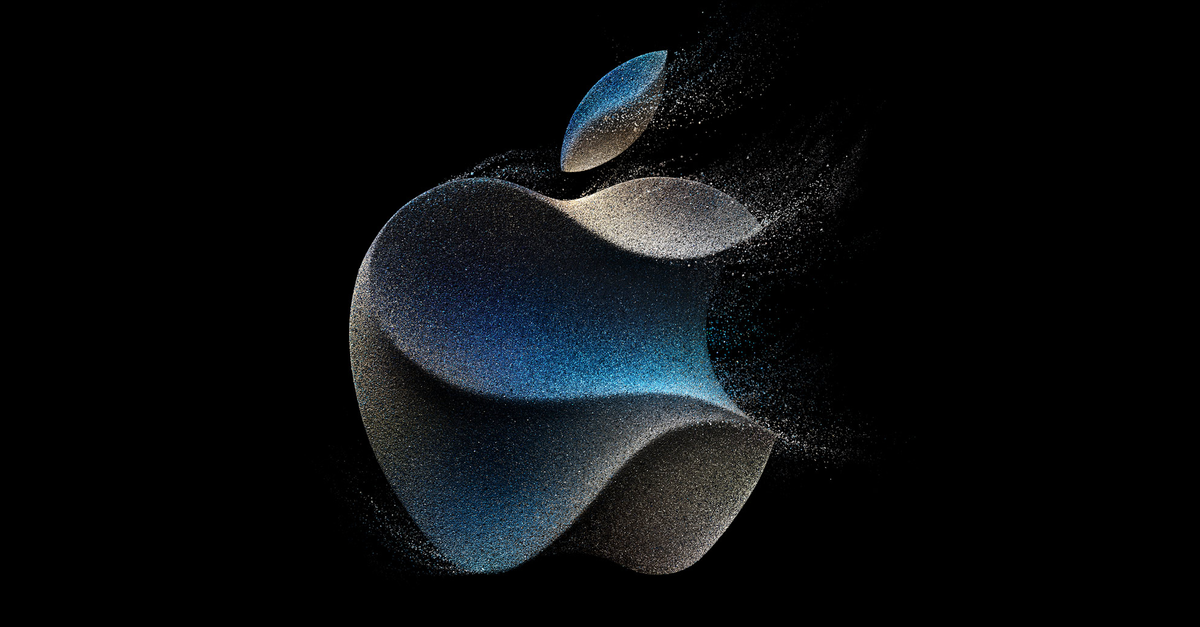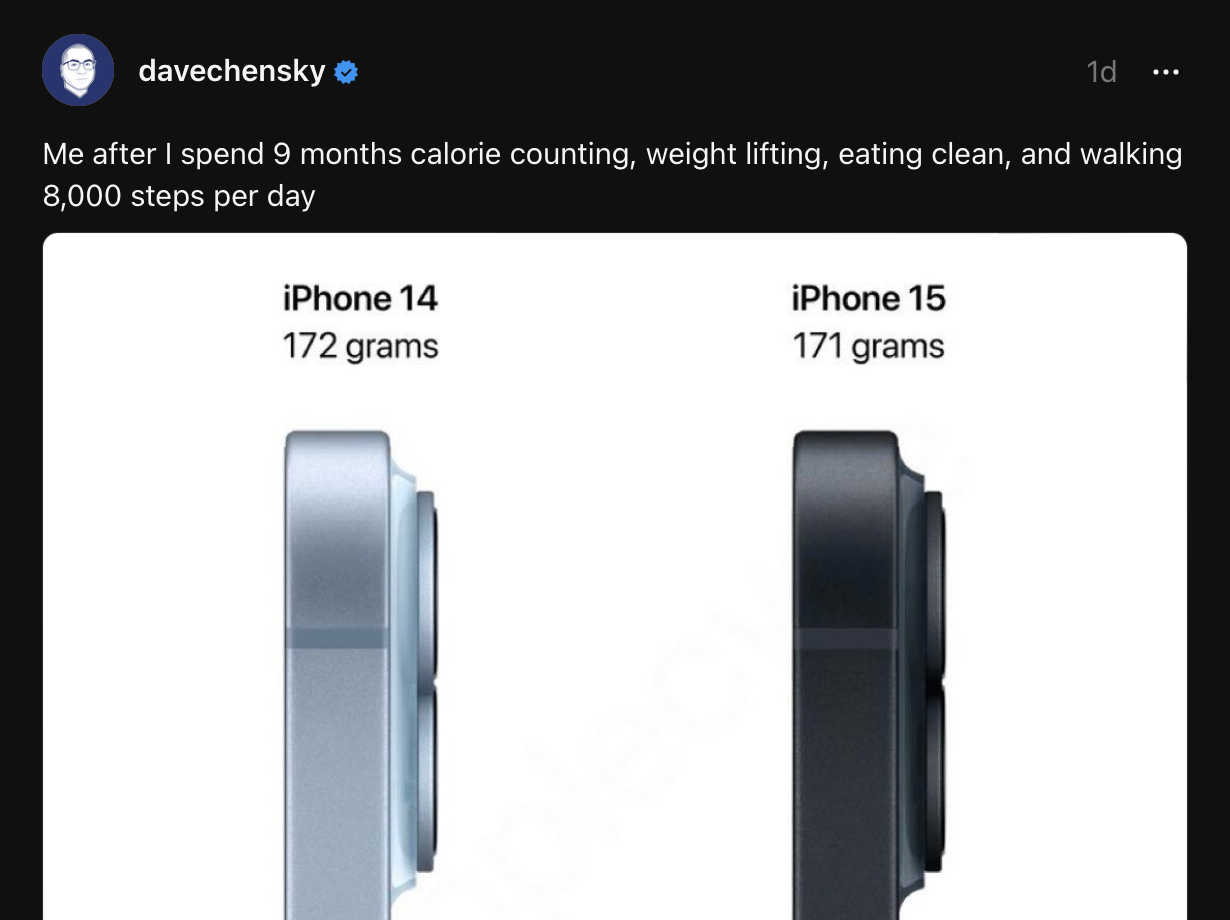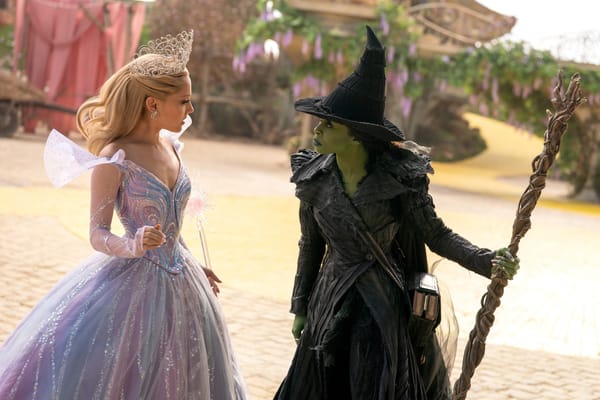It used to be a big deal when Apple announced a new phone
Could this presentation have been an email?

Since the first iPhone was announced in January 2007, Apple has sold over 2.2 billion units. Last year alone, Apple sold over $200 billion worth of iPhones, representing about half of the company’s overall revenue. In other words, iPhones are still a massive deal and Apple’s moves continue to shape the smartphone industry.
For many years, Apple has held a fall event (typically in September) to introduce the world to the latest batch of iPhones. These events, which have typically been live-streamed, were often fun, energizing experiences where it felt like we got to glimpse the future of technology. What new use cases would the phones enable? What would we be able to do that we wouldn’t be able to before? What whiz-bang features would surprise us this time? In other words: how would our lives change as a result of what Apple was cooking up?
Lately though, these events have felt like they could’ve been an email.
At this week’s Apple Event, the company announced meaningful improvements to its iPhones and Watches. I’m particularly keen on the iPhone 15 Pro Max, which will sport the following updates:
- A spiffy new titanium finish
- A new tetraprism zoom lens that allows you to achieve 5x zoom at higher quality than before
- Other general improvements to its cameras, including a new nanoscale lens coating that will hopefully prevent the unsightly lens flares that’ve occurred in previous generations (fingers crossed!)
- An action button in place of the existing mute button, which will allow you to customize what you want the phone to do when it’s pressed
- A USB-C port in place of the old lightning port, which will enable high-speed data transfer for space-intensive media files
Those are meaningful quality-of-life improvements that will be great for anyone that can afford them! (The base model starts at $999). But they are inessential, incremental updates that are coming after several consecutive years of inessential, incremental updates. The new phones even look virtually identical.

I think it’s the sign of a healthy company that Apple continues to iterate on its existing technologies and improve them in ways that will hopefully delight new and existing customers. They certainly seem to take mobile phones more seriously than Google, which can’t even be bothered to update its own phones very often. So, there’s no shade from me when it comes to the actual substance of what Apple is doing each year — I’d much prefer what they’re currently doing to, say, having no updates at all.
But as someone who used to work in corporate PR and who’s a bit of a news and media junkie, I’ll admit that I not only used to luxuriate in the company’s groundbreaking announcements but also in their stagecraft. Every iPhone event felt new and exciting, full of surprises and forward-thinking ideas. And the ways in which they framed and rolled out their big features would be a constant source of fascination for me.
As I watched this year’s presentation, I couldn’t help but feel like maybe those days are behind me. This year’s event just felt completely…optional. That’s just fine and probably brings me in line with about 99% of the folks reading this post, but despite all that, I still can’t help but wonder what the next big leap in smartphone technology might be, or if one will ever come again.
Other Stuff David Chen Has Made
- Over on Decoding TV, Patrick Klepek and I continued our coverage of Ahsoka and also discussed the brilliance of How to With John Wilson.
- I’m also experimenting with doing some topical bonus episodes on Decoding TV, like this one Patrick and I recorded discussing that Vulture piece about Rottentomatoes:
- On The Filmcast, we announced the winner of this year’s Summer Movie Wager. Egg-on-face was had by all.
- On Instagram and TikTok, I tackled Linda Yaccarino’s recent masterclass in corporate communications.
@davechensky#lindayaccarino’s driving the clown car at #twitter #xtwitter. #medianews

Tiktok failed to load.
Enable 3rd party cookies or use another browser



